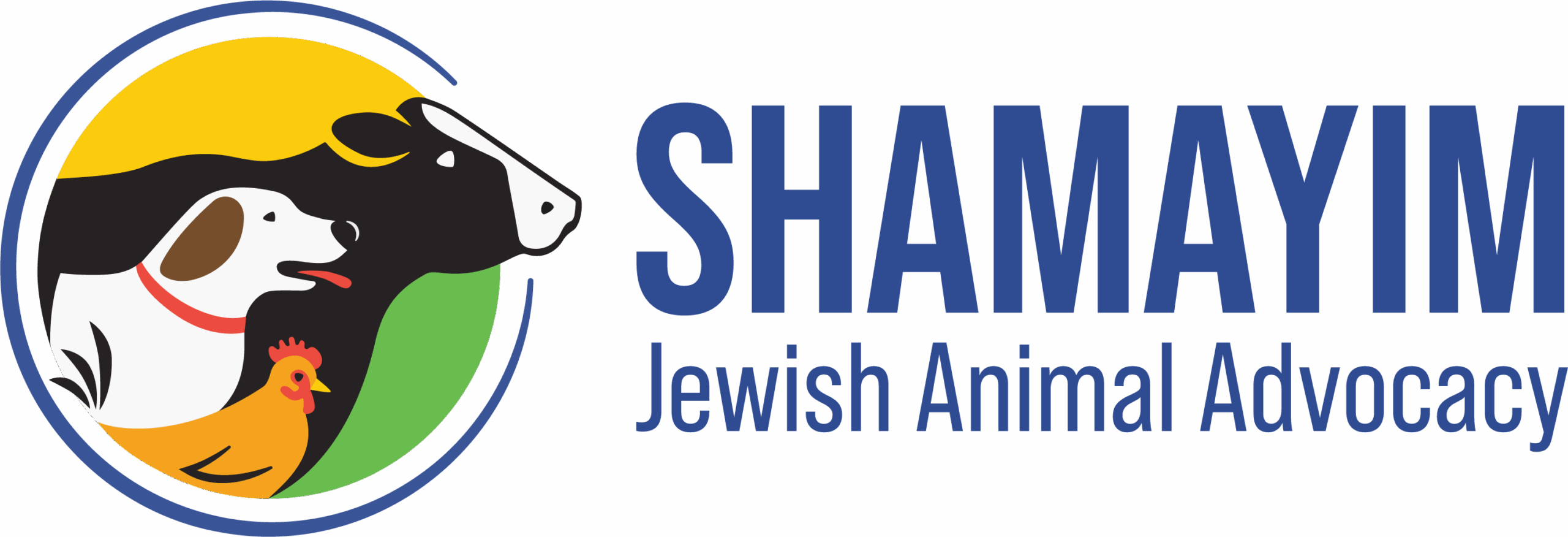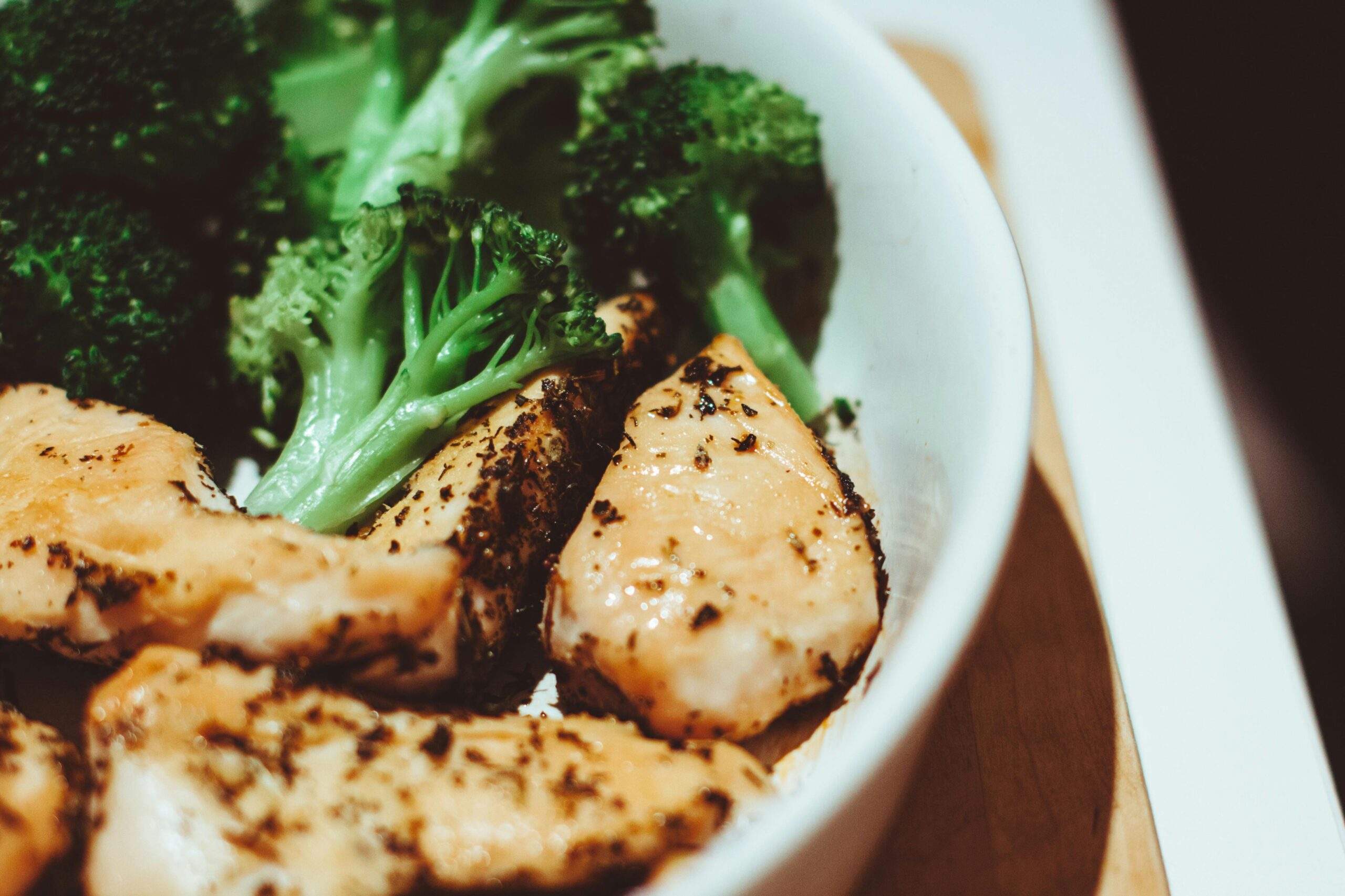It looks like meat, tastes like meat … but is it halachically meat?
As clean meat, or cultivated meat, has inched closer and closer to dinner tables, it has ignited many conversations beyond the food tech world. For Jews, many are wondering if the meat didn’t come from a slaughtered animal, is it considered kosher? And if it is, is it still classified as meat, or could it be pareve? Or is it something entirely new? As happy as we are to see the rapid rise of the clean meat industry, it’s time we sink our teeth into just how Jewish clean meat really is.
What Scriptures Say
The modern halachic conversation around clean meat finds a curious mirror in texts like the Talmud. In Chullin 57b, we find an account of Rabbi Shimon ben Chalafta encountering lions while walking along the road. To calm them, he recites the verse, “The young lions roar after their prey, and seek their food from God”1. In response, “two lumps of flesh fell from heaven. The lions ate one and left the other. He brought it to the study hall and asked: Is this kosher or not? They said to him: Nothing unfit descends from Heaven.” When Rabbi Zeira later asked Rabbi Abbahu, “What if something in the shape of a donkey were to descend?”, he replied, You howling yorod! Did they not say to him that nothing unfit descends from Heaven?”2
We can find evidence of miracle meat again in the Talmud, describing that “Rabbi Chanina and Rabbi Oshaia would spend every Sabbath eve studying the Sefer Yetzirah (Book of Creation) by means of which they created a calf and ate it.”3
Fast forward to today, with brands like Aleph Farms, Finless Foods, and Mosa Meat leveraging game-changing technologies and earning their way onto restaurant menus. And there’s no signs of slowing down, with some reports saying the Clean Meat Market size is projected to reach $77.81 Million USD by 2032.4 So how do we continue to embolden this burgeoning market while understanding its relationship with Judaism and kashrut laws?
Is Clean Meat Kosher?
Whether clean meat can be considered kosher at all depends largely on two things: the origin of the cells used to grow the meat, and the substances used to grow those cells.
Traditionally, for meat to be kosher, it must come from a kosher animal that was slaughtered in a halachically appropriate way. Clean meat skips that part entirely. Instead of slaughter, the meat is grown from cells, often taken from fertilized eggs or a muscle biopsy.
In 2023, the Orthodox Union (OU), one of the most recognized kosher certification agencies, gave kosher status to SuperMeat, an Israeli company producing cultivated chicken. Their decision was based on the use of fertilized chicken eggs, a kosher source, and kosher-certified growth media. However, the OU still classified the product as meat, not pareve.5
Meanwhile, Israel’s former Chief Rabbi David Lau ruled that in some cases, lab-grown meat could be both kosher and pareve, especially if derived from pre-embryonic cells that were never part of a living, breathing animal. Lau emphasized that the product must not just be kosher by technical standards, but also avoid causing confusion. So if it looks and tastes exactly like meat, it shouldn’t be served with dairy to prevent “marit ayin,” or the appearance of wrongdoing.6
So yes, clean meat can be kosher. But that doesn’t mean everyone agrees on how to classify it.
Is Clean Meat Pareve?
Here’s where matters become a bit more complex. Pareve foods, like fruits, vegetables, and eggs, aren’t classified as meat or dairy. You can eat them with anything. For many people hoping clean meat could sidestep traditional meat restrictions, pareve status is the ultimate goal.
Clean meat being pareve is based on the argument that if no slaughter occurred, and the original cells are removed enough from their animal source, the product might no longer carry halachic “meat” status. If it was never slaughtered, it’s not meat.
However Chabad.org disagrees, comparing the case to other examples in halacha where meat retains its status long after its form changes. Even something like dried or decayed meat is still treated as meat under Jewish law.7
Further complicating matters is a 2022 decision by the OU to deny kosher certification to Impossible Pork. Even though it didn’t contain real pork, the DNA sequence used matched that of a pig. That ruling reinforced the idea that genetic origin still matters in halachic classification.8
In April 2025, OK Kosher released further analysis stating that cultivated meat could eventually become pareve if it no longer resembles its animal source in structure, taste, or origin. But for now, they recommend treating it as meat.9
So while there’s a halachic path toward pareve status, mainstream certifiers aren’t quite ready to go there.
Neither Kosher nor Pareve?
Could it be that clean meat occupies a brand new category in halacha? Since it is made outside the body of a living animal, it doesn’t fit squarely into any existing dietary category. We may need entirely new rulings for this type of food as it becomes more common.
Like electricity on Shabbat, clean meat is one of those areas where Jewish law must evolve in real time.
The Verdict
Right now, the most accurate answer is: clean meat can be kosher, but it is still considered meat, not pareve, by most authorities. Some rabbis see room for future leniency, especially if the cells used are far removed from the animal and if the product no longer resembles meat. But for now, your clean-meat burger will still need to be served without cheese.
In the meantime, the excitement around clean meat isn’t just about dietary law. It’s about creating a food future that honors Jewish values of compassion and sustainability.
Beyond legal classification, the clean meat conversation opens up deeper ethical questions. Industrial meat production today often involves animal cruelty, environmental destruction, and waste. If clean meat offers a way to eat meat without killing animals or damaging the planet, it might not just be kosher or pareve… it might also be a mitzvah in itself.
As clean meat continues to evolve, so too will the conversations around its place in a kosher kitchen.
Whatever label we give it, whether kosher, pareve, or something entirely new, clean meat is a turning point in the Jewish story of food … where kashrut may finally begin to catch up to conscience.
Footnotes
1 Psalms 104:21
2 Talmud Sanhedrin 59b
3 Talmud Sanhedrin 65b
4 “Clean Meat Market,” LinkeWire, March 3, 2025, https://linkewire.com/2025/03/03/clean-meat-market/.
5 Jeremy Sharon, “Chief Rabbi Lau: Cultured Meat Could Be Pareve,” Jerusalem Post, Aug. 30, 2023. https://www.jpost.com/judaism/article-758249
6 “Is Lab-Grown Meat Kosher?” My Jewish Learning. https://www.myjewishlearning.com/article/is-lab-grown-meat-kosher/
7 “Is Lab-Grown Meat Kosher?” Chabad.org. https://www.chabad.org/library/article_cdo/aid/2293219/jewish/Is-Lab-Grown-Meat-Kosher.htm
8 Lauren Rothman, “The Surprising Reason Impossible Foods’ Pork Isn’t Kosher-Certified,” Tasting Table, March 10, 2022,
9 Lab Grown Meat: Part 3,” OK Kosher, April 30, 2025. https://www.ok.org/consumers/kosher-articles/lab-grown-meat-part-3/


Leave a Reply